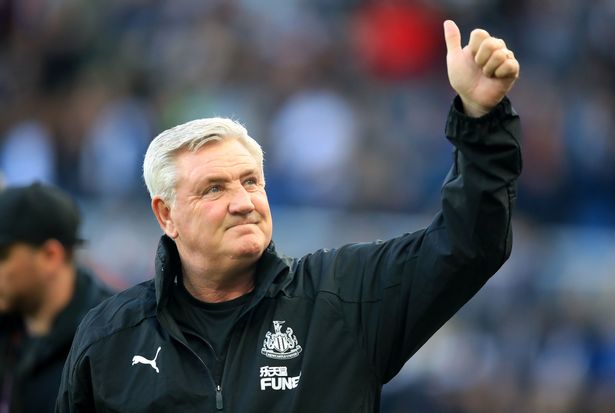
As we enter the halfway point of the season it is time to look back at the big events from the past four months. There have been six Premier league managers that have been sacked, during the first 11 games of this season. This made me think, are football managers given enough time?
The first manager to be sacked this season was Xisco Munoz, who was sacked by Watford on October 3rd. Watford has been known recently as a club that likes to sack their manager. As they currently have their sixth manager in four years, with each manager having an average of 31.6 games in charge. During these four years, Watford has struggled to maintain a consistent level, as they went from Fa Cup finalist to a yoyo club. If Watford kept Xisco, who is a young manager that was bringing success, instead of letting him go after a couple of bad performances. They would have most likely stayed up, instead of being favorites to get relegated.
The next manager sacked was Steve Bruce. Newcastle let go of Bruce on October 20th, not long after a massive takeover. The new owners want a manager, who can make them compete for a trophy (Similar to Mancini at Manchester City.) and they don’t think Bruce is the right person. Twelve days later Tottenham Hotspur let go of Nuno Espirito Santo. After Leaving Wolves in the summer Nuno started off well at Spurs, as an undefeated August made him manager of the month. It wasn’t long until it all went wrong, as, after a 0-3 home loss to Manchester United, which made it four losses in a row, Nuno was let go. After the strong start that Nuno had at Spurs, you have to think that if he was able to keep his job for longer, he would be able to turn it around. Instead of only having three months. With more time the players would be able to adapt to his system (Especially star man Harry Kane.) and sort out which players work, and which ones don’t. Surely giving him at least a season to show what he can do would be better.

The final three managers that were sacked in the premier league were different. Norwich, Aston Villa, and Manchester United change their manager when it felt right. If we look at Ole Gunnar Solskjaer, who was brought into Manchester United as interim manager, and after a good run of form he was given the job permanently. He was able to build a steady, title competing team. After struggling at the beginning of the season he was let go, as they can get a manager to take them to their first premier league trophy since Sir Alex Ferguson left. This felt right as Ole was only brought in to steady the ship until they got a new manager, but after overperforming for a couple of years United realised that they needed a championship-winning manager.
In conclusion, I have come to the realisation that it is impossible to put a time on how long a manager should have their job. I feel that opinion will change depending on who you asked. Being a chairman of a football club must be hard, as there are many things to think of when selecting the future of the manager position. Results do affect the decision as teams are scared to give a manager doing poorly more time to improve. What if Alex Ferguson didn’t start off well at Manchester United and was sacked before winning all of his trophies. The history of the manager is another thinking point as, clubs look at managers that have had success through tinted glasses, for example, Arsene Wenger, who fans say, stayed at Arsenal up to two years longer than he should have, because of everything he had accomplished for the club. Fan’s opinion is also important as if the fans don’t like the manager, the atmosphere of the club becomes negative. This leads to bad results. Similarly, if players don’t get along with the manager bad results will most likely happen. Final point is that managing a football club is hard and any manager who is able to create results should be praised. I can’t imagine the pressure a manager has, when at a massive club that is performing lower than expectations.
